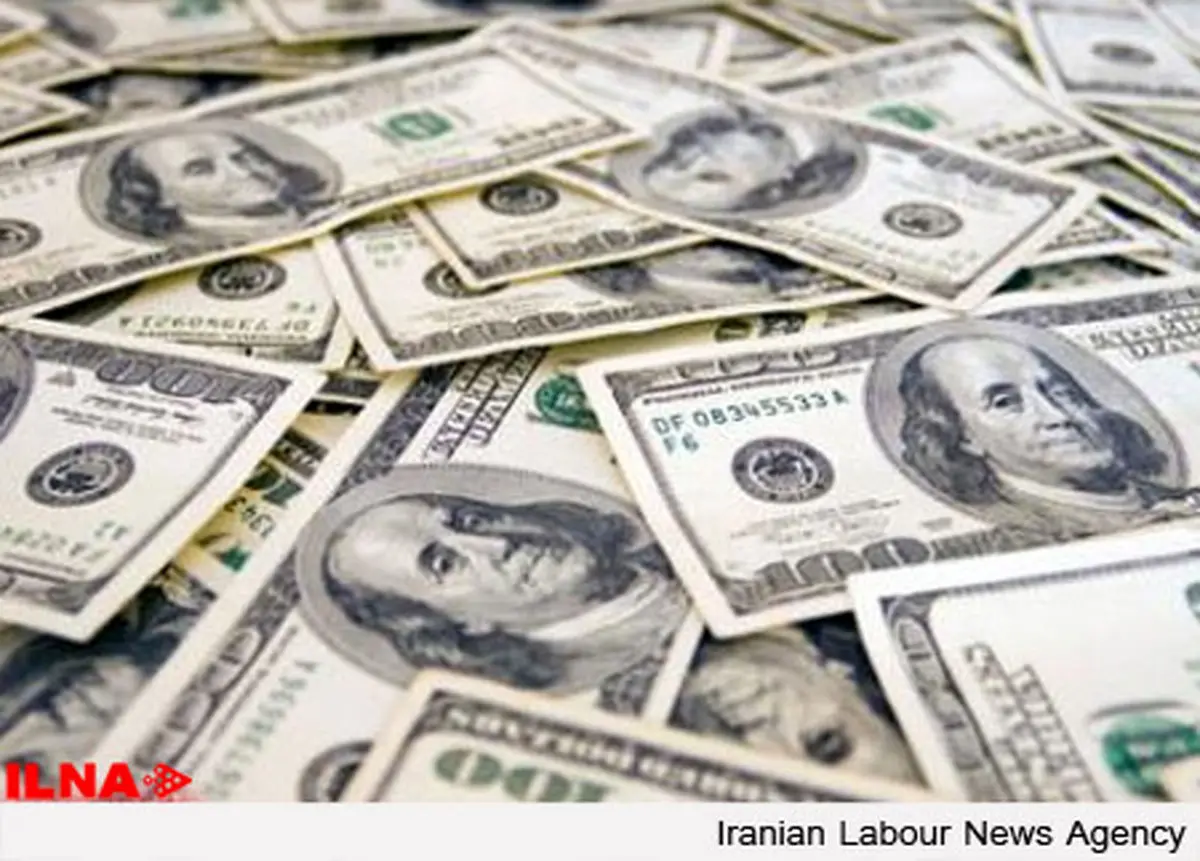Iran accelerating reforms ahead of FATF deadline

Determined to permanently exit the blacklist of Financial Action Task Force, Iran has accelerated the pace of reforms to implement the action plan recommended by the international group that monitors money laundering worldwide.
As the January end deadline is fast approaching for the country to report its progress in implementing its action plan to the International Cooperation Review Group—a body that analyzes high-risk jurisdictions and recommends specific action to address their money laundering/financing of terrorism risks, the government is hoping to pass some important legislation.
According to financial tribune, Some of these are completely new bills while others are amendments to previous laws some of which were passed with difficulty in the first place. On top of them are amendments to the current anti-money laundering and combating the financing of terrorism laws.
The twin bills are currently being debated in the Majlis Legal and Judicial Commission while another bill on Iran’s accession to the International Convention for the Suppression of the Financing of Terrorism is being debated at the powerful Majlis National Security and Foreign Policy Commission.
Last week, a hurdle was removed in the way of CTF amendment after lawmakers nearly scrapped the bill, objecting that it should come from the judiciary and not the government. They cited Article 158 of the Iranian Constitution, which states that any law related to judicial affairs should be approved by the judiciary. But the bill was saved when judiciary chief Ayatollah Sadeq Amoli Larijani formally approved it by signing it.
The original AML/CTF bill was ratified by Majlis and subsequently approved by the Guardians Council–the constitutional and Sharia watchdog–in March 2016 after it was rejected once and revised by the judiciary.
The government also scored a legislative victory this week when the bill to join the United Nations Convention Against Transnational Organized Crime was overwhelmingly approved by the lawmakers.
The bill had been pending in the parliament for four years until finally becoming law on Wednesday with Hosseinali Amiri, vice president for parliamentary affairs, in attendance to facilitate its passage.
High Stakes
Seeking to be totally prepared by Jan. 31, the government is convincing lawmakers to grant it a double-urgency status so that it is passed in the next few days.
Apart from legislative activity, the administration has implemented wide-ranging AML/CTF measures in banks, insurance companies and the stock market.
While Iran’s cooperation with FATF initially faced vehement resistance among conservative political factions–mainly due to the misconception that the body defines aspects of terrorism–the prevalent mood is much more in favor of the government.
In fact, the stakes could not be higher for the country, as the increasingly-hostile US President Donald Trump is seeking to undermine the landmark nuclear deal Iran reached with world powers in 2015.
In June 2016, the FATF welcomed Iran’s high-level political commitment to address its strategic AML/CFT deficiencies and its decision to seek technical assistance in the implementation of the Action Plan.
In light of Iran’s demonstration of its political commitment and the relevant steps it has taken in line with its Action Plan, the FATF decided again in 2017 to maintain the suspension of counter-measures.
The body, therefore, calls on its members to continue to advise their financial institutions to apply enhanced due diligence to business relationships and transactions with natural and legal persons from Iran–a status that is discouraging major international banks from entering into correspondent relations with their Iranian peers.
On Jan, 18, Iran had a meeting in Rome, Italy, at the invitation of ICRG to discuss the latest progress made by Iran. According to the Economy Ministry sources whose Financial Intelligence Unit handles the negotiations, both sides viewed the talks as constructive.
Iran this week also saw its risk rating upgraded from 6 to 5 by the Organization for Economic Cooperation and Development.
If the country can make the same progress with FATF on Jan. 31, or in their plenary meeting on Feb. 15, a new chapter could open for the country on the international scene.
END
